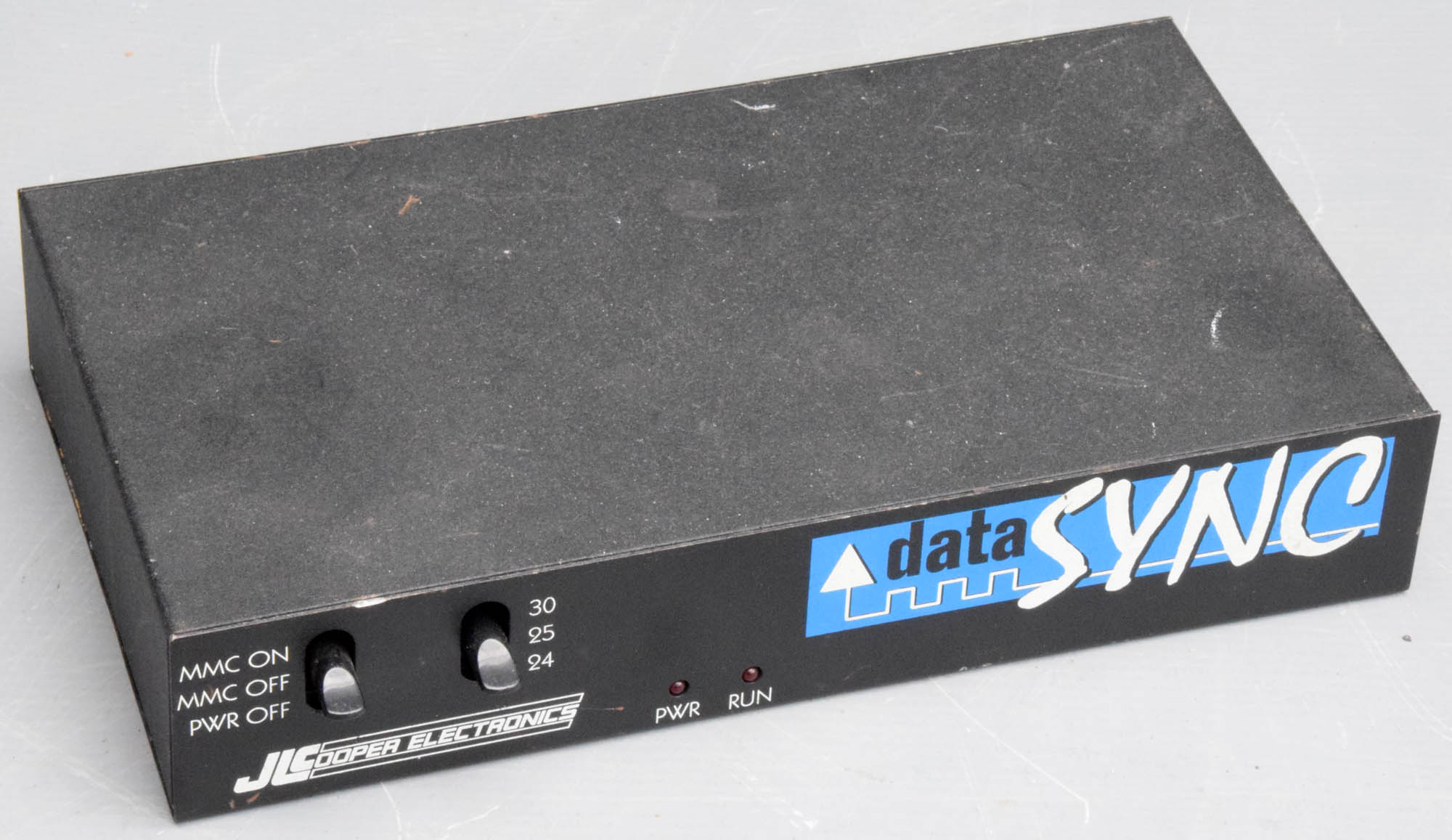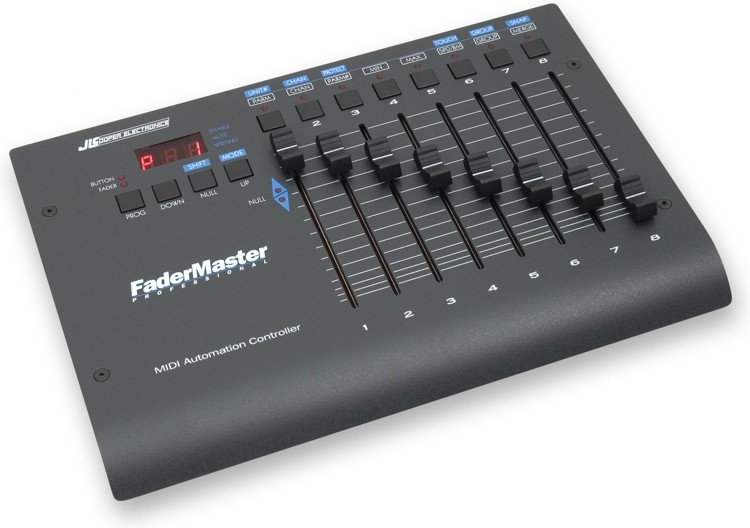
There's probably more, but that's enough for now. Heavily modified Hondo Les Paul knock offġ996 Fender Jazz FotoFlame (Hamburgler Edition) fretted bass Yamaha Classical 6-string acoustic guitar Pentium 4 3.0 Ghz – 1.5 gig ram, 120 gb hd spaceĪMD Athlon64 2.0 ghz – 1 gig ram, 400 gig hd spaceĬalibration Standard Instruments MDM-TA3 Studio Reference Monitorsīehringer Eurodesk MX9000 24x8 Mixing ConsoleĢ Focusrite ISA110 Mic Preamps (Rupert Neve Designed)Ĥ Audio Technica M1000 Blue Condensor MicrophonesĤ Oktava MC012 Condensor Microphones (Modified)Ĩ0's Ludwig 3.5"x13" Maple piccollo snare The MRCC is available to pre-order for $379, with shipping for new orders expected to be in April of 2021.Dual Core G5 2.0 ghz – 1 gig ram, 400 gb hd space

JL COOPER MIDI PATCHBAY 750 PC
Outputs: 10x 5-Pin DIN, 2x pair2 of 3.5mm TRS, 1x USB MIDI Interface port (to PC or Pad), 4x USB Host ports.Inputs: 5x 5-Pin DIN, 2×1 pair2 of 3.5mm TRS, 4x USB 2.0 Host ports, 1x USB 2.0 Device3 port (for PC or Pad connection) with 12 USB MIDI virtual inputs and outputs.In addition to MIDI routing, the MRCC can clock your analog gear, host your MIDI controllers, act as a 12 in and 12 out USB MIDI interface and more. “Did we go a little overboard? Maybe, but there’s really nothing like it out there.”
JL COOPER MIDI PATCHBAY 750 PLUS
It’s got a button for every Input and Output, 28 of them, plus 28 RGB LEDs and a color OLED display with an encoder and navigation buttons,” he notes. “It’s got real friggin buttons, like the good old days, so you don’t need a computer to configure it. Configurations can be saved to memory for later recall.Ĭonductive Labs co-founder Darryl McGee describes the MRCC as “ridiculously cool”. These can be configured with an on-board graphical user interface. The MRCC also offers advanced features, like filtering, channel mapping, MIDI tools and MIDI effects. Status and activity are displayed on a color OLED display and per-port RGB LEDs. There’s a dedicated button for each each input and output, so you just select an input button, and then pick which outputs to route it to.

The MRCC has tons of MIDI connections, ranging from traditional 5-pin DIN connectors to USB interfaces and USB host ports and even the 3.5mm MIDI A/B connectors that are popular on compact devices.

The MRCC has been designed to make it easy to build flexible and powerful MIDI setups, combing controllers, instruments, your computer and more. The MRCC was originally launched as a Kickstarter project and will now be publicly available.

Conductive Labs – creators of the NDLR Multi-part Polyphonic Sequenced Arpeggiator – have introduced the MIDI Router Control Center (MRCC), a new device that they say reinvents the MIDI router.


 0 kommentar(er)
0 kommentar(er)
